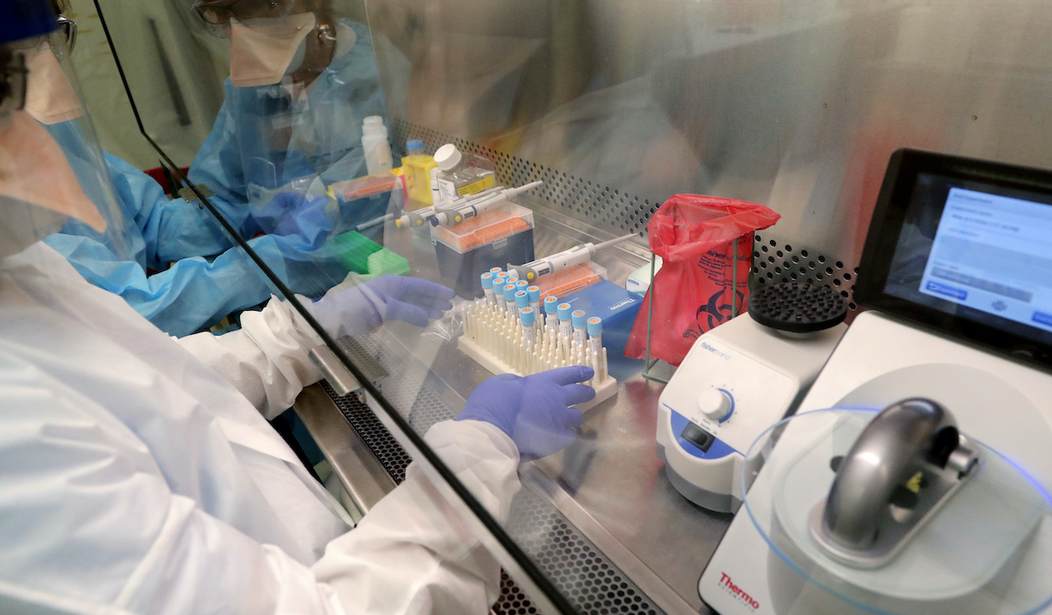An analysis of data released by the Florida Department of Health appears to indicate that coronavirus case numbers have been inflated as much as 30 percent by Florida health officials.
Deaths linked to COVID-19 have remained flat in Florida despite the spike in cases. While that may be partially explained by the fact that younger people are the ones largely being exposed to the virus in recent weeks, it is also possible that backlogged cases are being added and treated as new cases when, in fact, they are not.
Analysis by Just the News suggests that discrepancies between the “case date” and the “event date” of positive coronavirus cases in Florida likely meant cases in early to mid-June were undercounted and later attributed to late June and early July upon being entered into the system.
Is this happening in other states as well? The phenomenon of backlogged cases distorting data isn’t new or unique to Florida. In Michigan, a spike in deaths in April and a spike in cases in May were attributed to backlogged date being added to official tallies. In Virginia, a backlog of negative coronavirus test results went unreported by the state Department of Health in favor of positive test results. South Carolina experienced similar backlog problems in reporting of coronavirus deaths. The Texas health department revealed this week that 90 percent of its coronavirus infection data lacks the date indicating the onset of symptoms. Los Angeles County similarly posted a record number of coronavirus cases this week that included “a few thousand” backlogged cases.
The current spike in cases comes at a time when many states are implementing phased re-openings. Whether there’s a connection to the nationwide spike in cases to backlogged data hasn’t been confirmed yet. In Florida, state officials gave conflicting responses about the data issues:
Though the Department of Health clearly ties “event dates” to the onset of symptoms in many cases, state health department representatives gave a series of conflicting responses when questioned about the matter.
Asked about the difference between chart dates and event dates, a department official said in an email to Just the News: “Event date will be updated as more information is gathered about the case. For instance, we would not know the person’s onset date when we received the lab result.”
“The county interviews the individual and determines their onset date,” the official added, “so the ‘event date’ would change.”
Further queries seeking clarification on the state’s data-gathering practices were eventually met with a reply from Alberto Moscoso, the director of the health department’s Office of Communications.
“Epidemiologists collect information that informs the Department of Health of an individual’s symptoms, contacts and location of where they may have acquired COVID-19,” he told Just the News.
As Daniel Payne of Just the News notes, “Determining the onset date of symptoms is critical for public health officials in determining the current course of the pandemic, as unclear or misplaced data can scramble key epidemiological indicators used to determine a disease’s path in a given community.” Unfortunately, we’re not getting accurate data in a timely manner in many cases. The question is, how bad are these backlogs, and are they distorting the reality of the virus?
_____
Matt Margolis is the author of the new book Airborne: How The Liberal Media Weaponized The Coronavirus Against Donald Trump, and the bestselling book The Worst President in History: The Legacy of Barack Obama. You can follow Matt on Twitter @MattMargolis










Join the conversation as a VIP Member